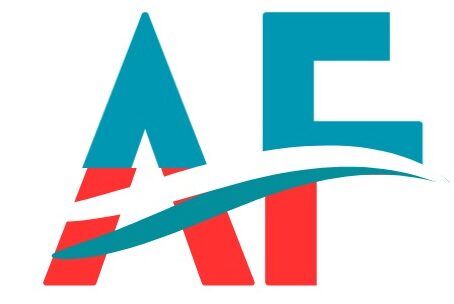The ongoing antitrust lawsuit against Google has significantly impacted the advertising technology (adtech) industry. With allegations of monopolistic practices in digital advertising, this case has put Google’s dominance under intense scrutiny. While this may seem like a turbulent time for the adtech sector, it also presents an opportunity for innovation, reform, and a much-needed trust rebuild between adtech companies and consumers.
Current Landscape of AdTech
For years, Google has held a strong foothold in the digital advertising ecosystem, controlling various aspects of ad placements, ad auctions, and data sharing. This control, however, has led to criticism that Google’s practices limit competition, inflate prices, and compromise consumer privacy. The antitrust case is shedding light on these practices and pushing industry stakeholders to reevaluate their strategies.
While the case unfolds, other adtech companies have a chance to present themselves as viable alternatives, advocating for transparency and ethical practices that could restore faith in digital advertising. But how can the industry achieve this? Through strategic changes that place consumer interests and fair competition at the forefront.
Shifting Towards a Consumer-Centric Approach
To capitalize on this moment, adtech companies need to redefine their core values and practices. This starts with putting consumer trust and transparency at the heart of their operations. Companies can no longer afford to rely solely on maximizing profits at the expense of user experience or privacy concerns.
- Prioritizing User Privacy: Consumers are increasingly aware of how their data is used, and many are uneasy about the amount of personal information collected. Companies should focus on minimizing data collection and clearly communicating their data policies to users.
- Transparent Advertising Practices: Being open about how ads are selected, where they are placed, and how consumer data influences ad targeting is crucial. This can be achieved through easily understood privacy policies and ad explanations.
- Offering User Control: Allowing consumers to manage their data preferences and opt-out options will empower them, fostering a sense of control and trust. By offering more personalized ad experiences that are less intrusive, companies can maintain relevance while respecting user boundaries.
Innovating AdTech Strategies for Fairer Competition
With Google’s practices under legal scrutiny, there is a growing demand for alternative adtech solutions that promise a level playing field. Competitors can leverage this by offering innovative services that address both publishers’ and advertisers’ needs more ethically and effectively. Here are a few approaches:
- Developing Interoperable Technologies: Adtech firms can create systems that work seamlessly across different platforms, reducing dependence on any single entity and ensuring fairer access to all market players.
- Establishing Industry-Wide Standards: Collaborating with other stakeholders to establish transparent and consistent industry standards can help level the playing field. This could involve standardizing ad metrics and implementing uniform privacy guidelines.
- Exploring New Revenue Models: The industry could benefit from moving away from the heavy reliance on data-driven advertising. Exploring subscription-based or hybrid models that prioritize content quality and user experience may be more sustainable in the long run.
Adopting Responsible Advertising for Long-Term Growth
As the legal battle between Google and regulatory bodies unfolds, it’s clear that the adtech industry needs a paradigm shift to ensure sustainable growth and consumer trust. Responsible advertising in this context involves balancing the interests of advertisers, publishers, and consumers without compromising ethical considerations.
- Ethical Data Use: Going beyond compliance and actively promoting responsible data usage will differentiate companies in the eyes of privacy-conscious consumers.
- Quality over Quantity: Emphasizing quality ad content rather than bombardment of ads can reduce ad fatigue and improve consumer engagement.
- Building Relationships with Publishers: Maintaining fair relationships with publishers and providing them with reasonable compensation for their content can mitigate some of the market distortion caused by Google’s control.
The antitrust lawsuit against Google has created a perfect context for adtech companies to rebuild consumer trust by focusing on ethical practices, transparency, and innovation. By seizing this opportunity, the industry can pave the way for a healthier, more balanced advertising ecosystem that benefits everyone involved—advertisers, publishers, and most importantly, consumers.
While the outcome of the lawsuit remains uncertain, one thing is clear: the future of adtech will be defined by those who prioritize consumer trust and lead the way in establishing a fairer and more transparent digital advertising landscape.
AFRIPOPULA

